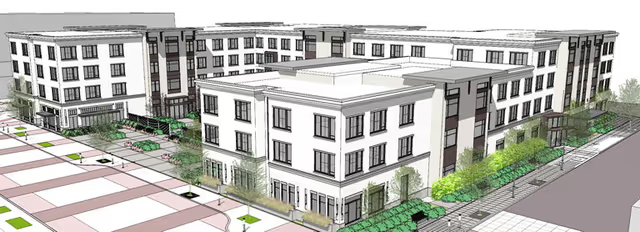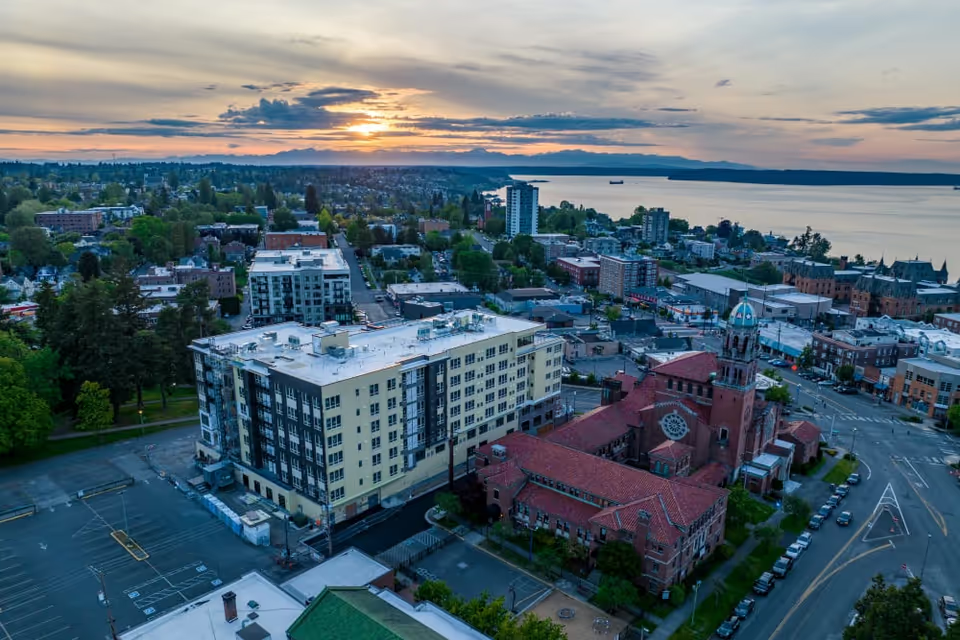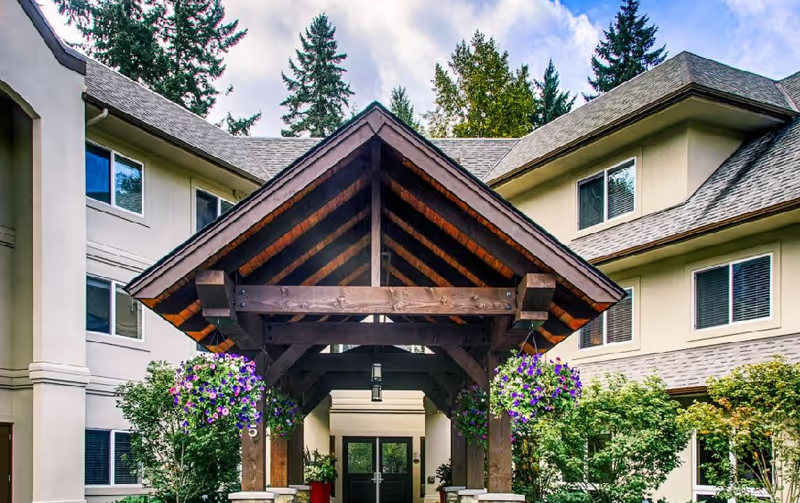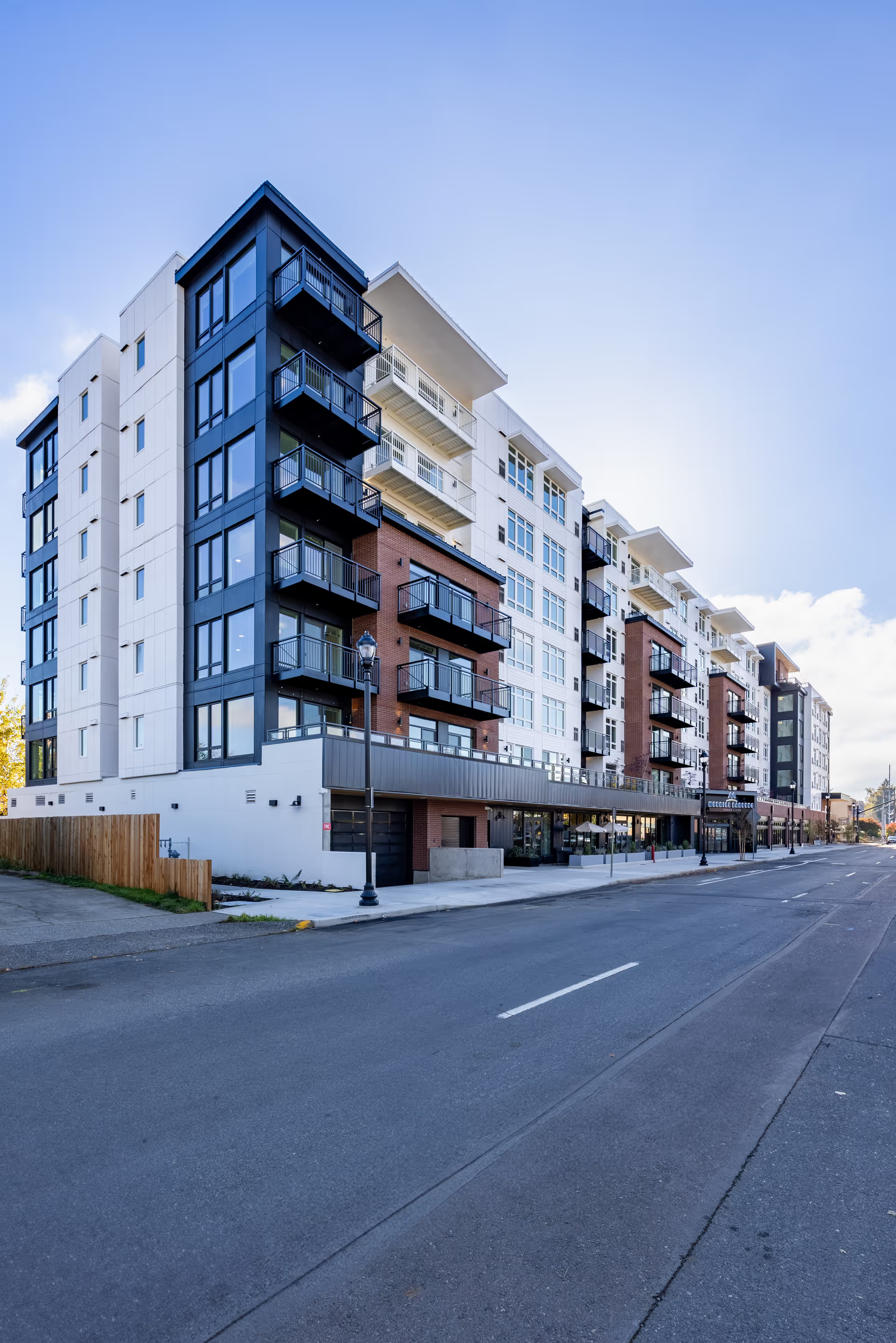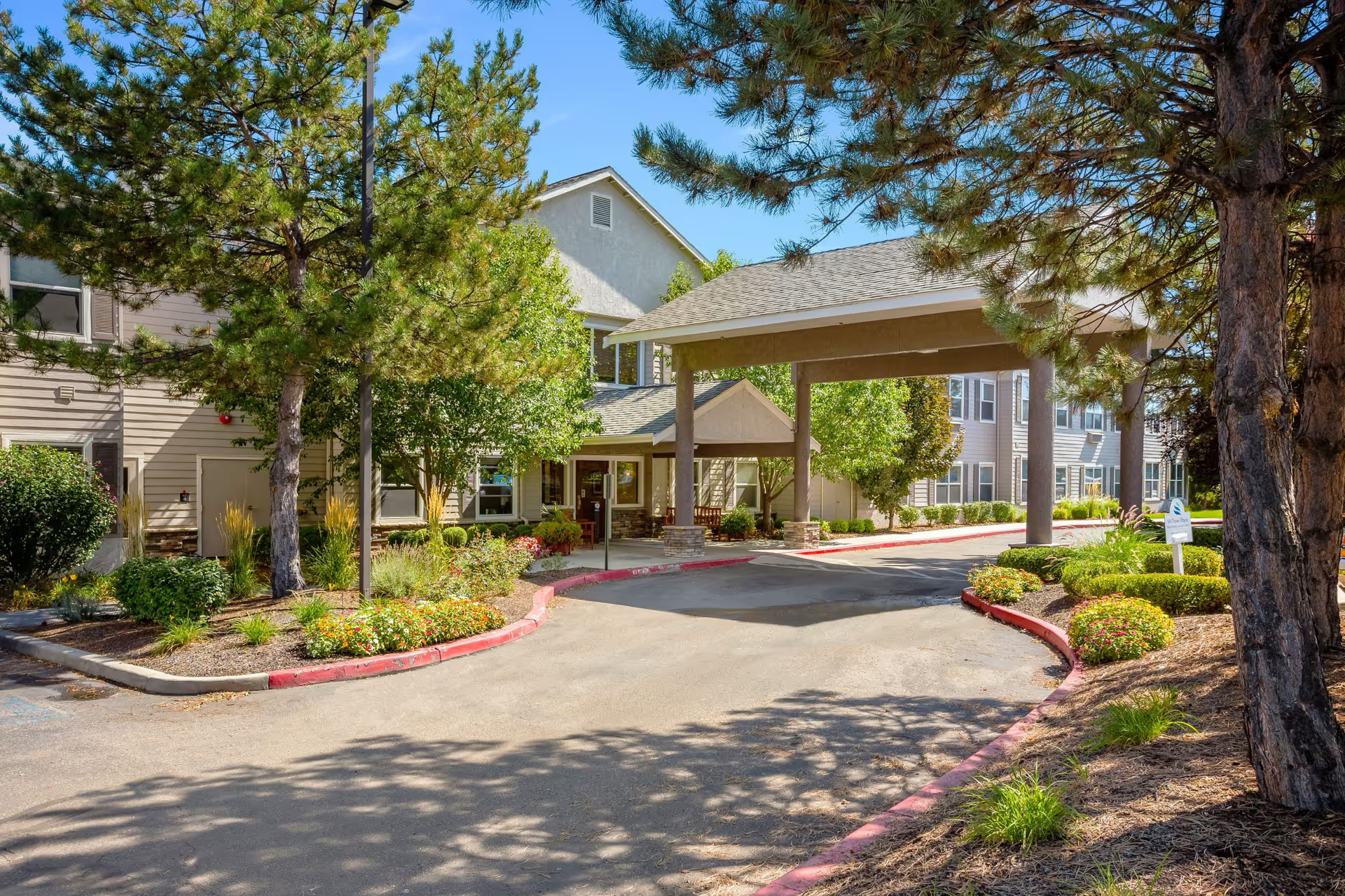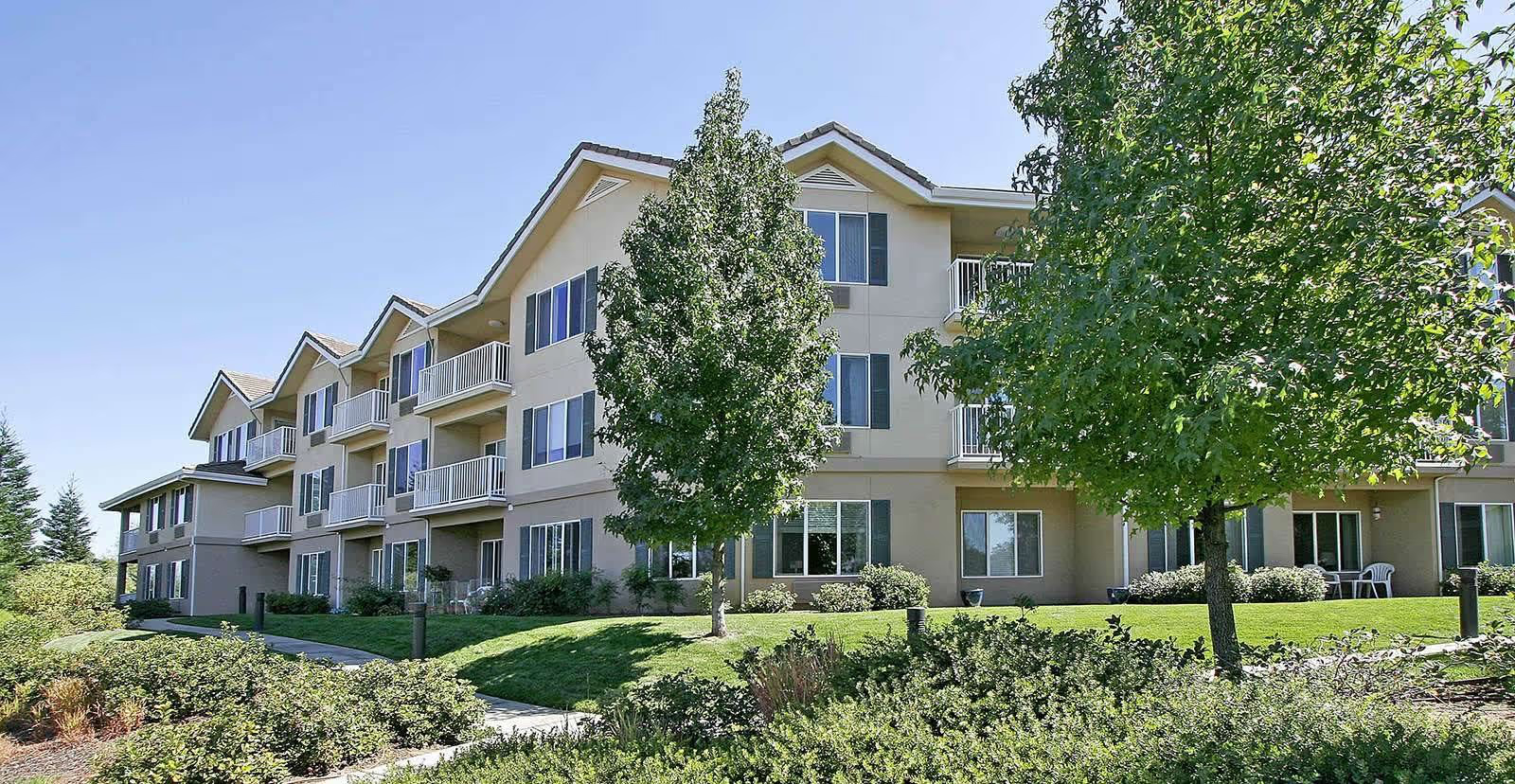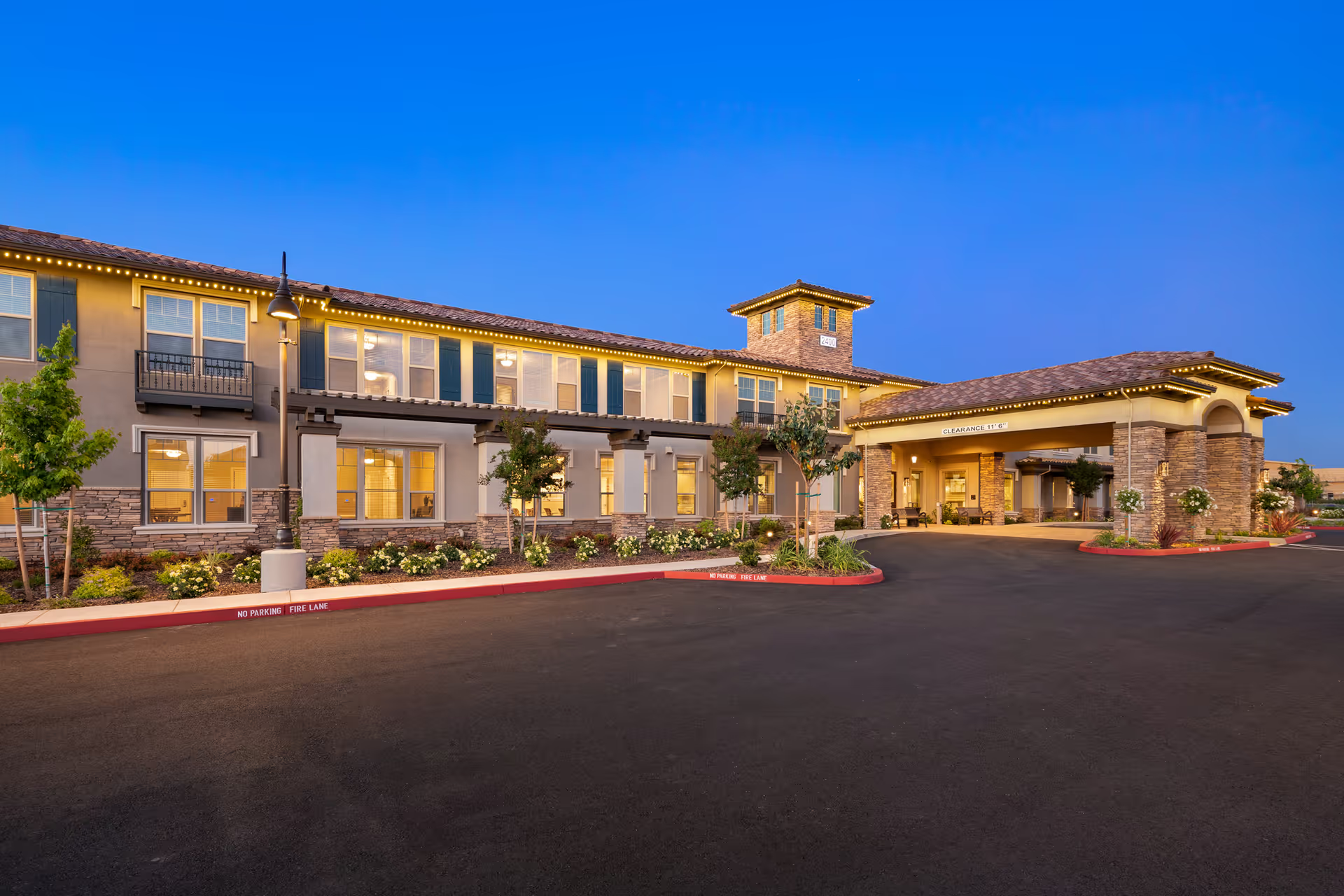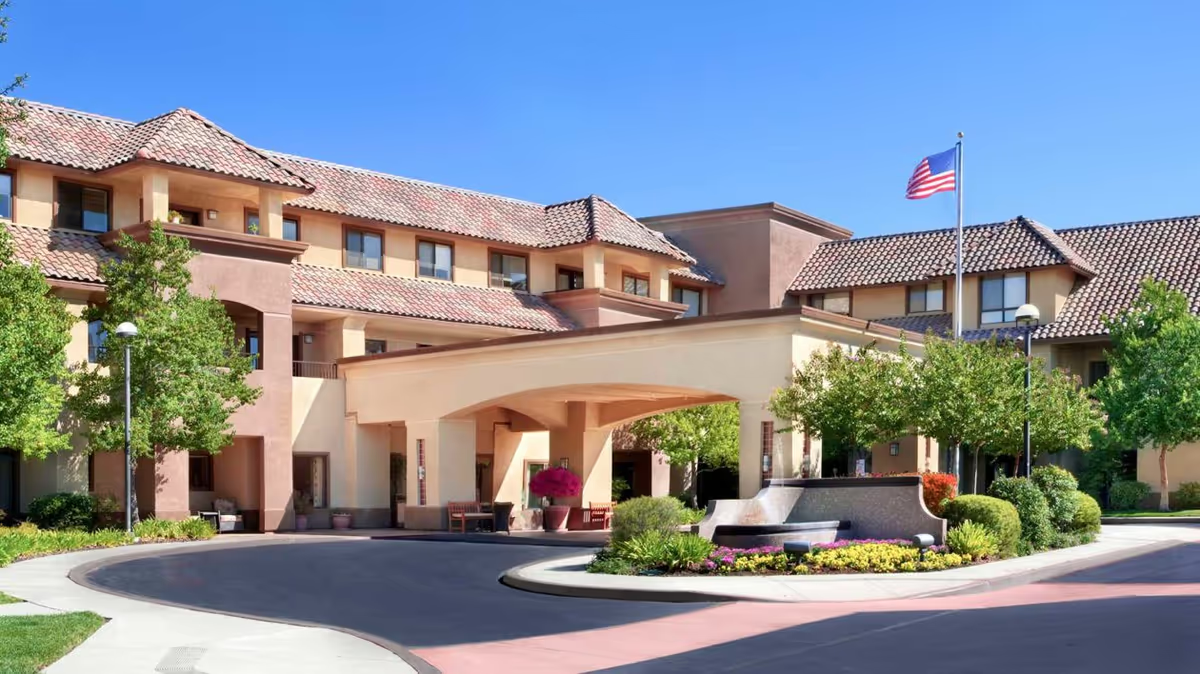Overall sentiment in these reviews is mixed but leans toward appreciation for the people and lifestyle aspects of Brookdale Yakima alongside recurring operational and clinical concerns. The most consistently praised elements are the staff’s warmth, friendliness and the community-oriented culture. Many reviewers highlight compassionate caregivers, a helpful director, and staff who make residents feel welcome and safe. The community offers a wide range of amenities — library, theater, community areas for family gatherings, a kitchen for snacks, transportation services, and frequent activities and outings — that support an engaging social life. Dining is often described positively, with several reviewers mentioning appetizing meals, variety, fine-dining style service, and homemade items like ice cream. Physical features such as accessible layouts, wide hallways, well-laid-out rooms, one-bedroom units with yard views, and a pleasant location near shopping and parks also contribute to positive impressions.
Despite these strengths, there are substantial and recurring negative themes that prospective residents and families should carefully consider. Multiple reviewers described serious care failures, including missed medication administration, delayed or inadequate clinical follow-up after hospital transfers, and in at least one case an ambulance transfer with no family notification. These types of incidents point to inconsistent clinical oversight and communication lapses. Housekeeping and laundry emerge as frequent pain points: reports of delayed showers, unmade beds, dirty bathrooms with fecal stains, forgotten or missing clothing, sheets not changed weekly, and overall reduced attention to cleanliness — sometimes linked to staffing shortages. While some reviewers praise a very clean environment, others report alarming exceptions; the inconsistency suggests variability by unit, shift, or time period.
Operational and management concerns appear repeatedly. Several reviews cite billing problems — high or unexpected charges, separate billing for room-delivered meals, community fees that felt excessive or non-refundable, price quotes that were not honored, and even charges continuing after a resident moved out or passed away. Sales practices are criticized in some accounts: pushy tour staff, pressure to sign, and promises made during tours that were later unfulfilled. Move-in problems (units not ready, delayed furniture, and stress during transition) are also mentioned by multiple families. Staffing shortages are a cross-cutting concern: they are linked to reduced housekeeping and laundry service, slower call response times (one reviewer noted ~30-minute delays), and gaps in assistance for activities like daily walking.
Dining and activities are strengths but not uniformly so. Many reviewers praised the dining experience and social programming, describing residents as thriving and energized. Conversely, others reported bland or cold food, crowding in the dining room, and additional charges for room service meals that felt excessive. Physical therapy and clinical services received mixed comments as well: some families appreciated therapy and clinical resources, while others perceived therapy staff as pushy about walking or felt the community was not equipped to handle higher-acuity medical needs.
In sum, Brookdale Yakima offers a warm, active community with strong resident life programming, friendly staff, and desirable amenities that many families and residents clearly value. However, there is notable variability in the quality of housekeeping, laundry, clinical care, communication, and billing practices. These operational inconsistencies — sometimes linked to staffing shortages or management breakdowns — have in some cases resulted in serious adverse outcomes or family distress. Prospective residents should weigh the strong social and environmental positives against these risks, and families should probe specific operational practices during tours: ask about staffing levels, clinical oversight and medication administration protocols, housekeeping and laundry schedules, emergency notification procedures, billing/fee structure and refund policies, and how the community handles transitions and move-ins. Visiting at different times of day, speaking directly with current residents and their families, and getting contractual promises in writing can help clarify whether the community's strengths align with an individual resident’s care and safety needs.
